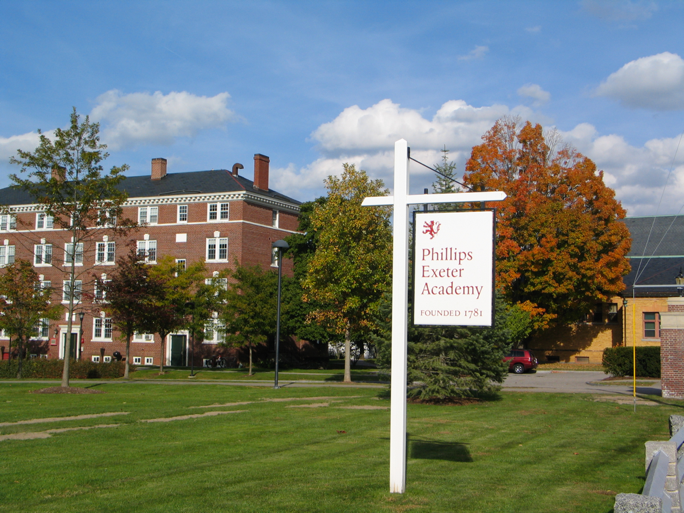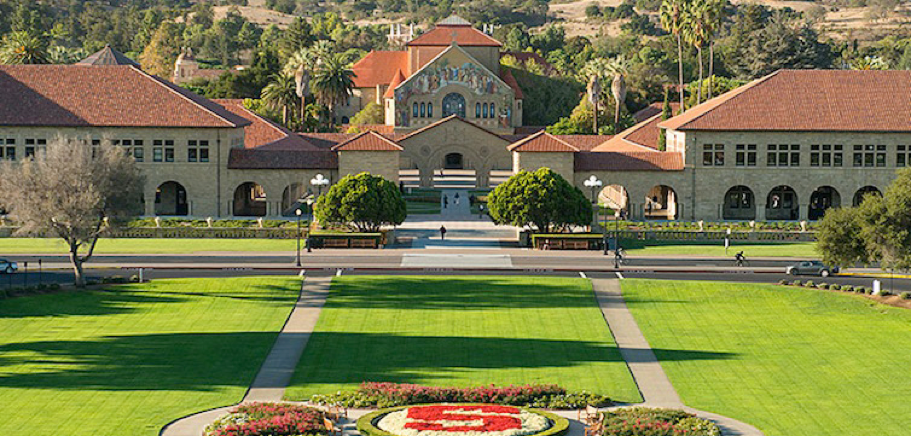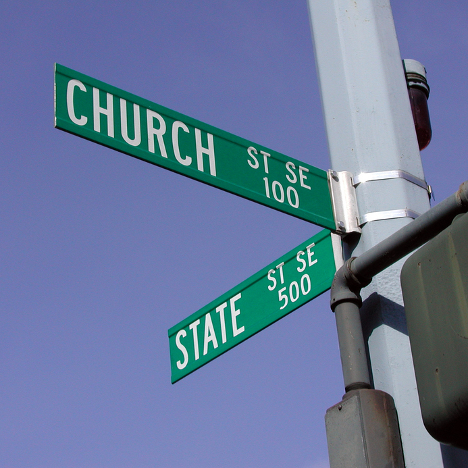
Do you ever wonder “what if?” Do you wonder how your life would have turned out if you had taken a different turn at a crucial point in your journey? Who would or would not be in your life now? What if you had done this instead of that? How might your life have changed if you had turned right instead of left at a certain point? Where would it have taken you? Some of these “what if” moments are spontaneous, some are traditional decision points leading into the future. Some are unpredictable and some are beyond our control – illness, accidents, lost jobs – that change the vector of our lives.
I have three grown children. One is a fixed-earth planner who likes things settled and certain. One of her brothers is self-directed, hard to pin down, and doesn’t plan ahead. The other one is a scientist/athlete with a stable job who yearns for a more adventurous one. None of them sought my advice as they were making their life choices.
If they had asked me, I would have told them “be positive, stay flexible, say yes to invitations, keep your eyes and ears open for unexpected opportunities, set high expectations for yourself but don’t be too disappointed if your plans don’t work out. If you do these things they probably will work out.”

When I think about my “what if” moments, the ones I think about most often happened just as I was about to graduate from high school. Three years earlier, an admissions officer from Phillips Exeter Academy, the New Hampshire boarding school, stopped by my Seattle high school hoping to recruit students that would broaden the geographic diversity of that East Coast institution. My school counselor told me it was a great opportunity and suggested I apply. I didn’t know much about boarding schools, but it sounded exotic to a middle class boy who had never been east of Montana. When I enthusiastically told my parents about the opportunity and added that there was a scholarship attached, I thought they would share my enthusiasm. They said no. I don’t remember what else they said, but they shut that train down before it left the station.
At 15, I was trying to assert my independence and it was disappointing to be summarily dismissed. I may have been testing them then, but after their rejection I was reluctant to share other hopes with them for fear they would be put down too. When college application time rolled around in my senior year the Exeter experience was still a fresh wound, so I didn’t tell them I was sending an application to Stanford as well as the University of Washington. If I got accepted I would figure out how to get there.

When the return letter from Stanford arrived I stared at the envelope for a long time. I was an above average student but Stanford was a stretch and I thought this might be the gate I couldn’t open. I stared at the envelope imagining myself in that beautiful setting far from home and the changes it would bring if I could go there. When I finally opened it, the letter congratulated me on my acceptance, but threw me into an emotional blender. I was relieved and excited but depressed and fearful at the same time. I kept the news to myself for awhile, but eventually confronted my fear and told my parents. The fantasy ended when they told me, “There’s a perfectly good university just down the street and that’s where you’re going. End of conversation.” Despite the fact that Stanford tuition was only $250 per quarter then and I was prepared to work, save, and contribute, it wasn’t going to happen. That fall I enrolled at the UW.
I think of the Phillips Exeter opportunity and the Stanford acceptance as important “what if” moments. It’s clear that either one would have radically altered the direction of my life. All the people, places, and events in my life would have been different – friends, marriages, children, fields of study, career paths, geography, and military service. My life would have been wholly other than the one that followed.
From this distance, I understand my parents’ decision though it seemed harsh at the time. Their lives were lived within the boundaries of their limited experience. Education was important but a free university within walking distance of home blocked out the value of other choices. They weren’t able to see added value in the Stanford experience. My own children went East to boarding schools and to universities far from home, but our world was a different one from the one my parents inhabited.
Today, parents mortgage their retirement to send children to expensive, selective universities hoping they will give them an edge in an increasingly competitive world. I understand their motivation but question the underlying cost/benefit. My parents had confidence in the local system and assumed I would succeed. They were right. The UW did an excellent job in providing the building blocks for my future. My parents world didn’t extend much beyond the geographical region they inhabited. Stanford was out of their wheelhouse. It would have provided me with a different educational and geographic experience but it was a luxury that didn’t make sense to them.
I still think about Exeter and Stanford and wonder where they would have taken me. Most of all, in moments of reflection, I think about my parents and how they must have thought about my future at the time. My children are making those decisions now for their children. They’re not interested in what I think. I would love to have gone to Stanford, but I’m convinced that my education at the UW was as good as the one I would have received at Stanford. I hope my children and grandchildren make good choices that don’t saddle either of them with significant debt. If they are serious about education they can get it at almost any university – public, private, or even online.
I’m proud of the people my children have become. They don’t want my counsel but I stand by the advice I would have given them earlier: be positive, stay flexible, say yes to invitations, keep your eyes and ears open for unexpected opportunities, and set high expectations for yourself but don’t be too disappointed if your plans don’t work out. You never know when the next “What if” moment will come your way. Be alert. Don’t miss it.
































… [Trackback]
[…] Read More here: jackbernardstravels.com/stanford-denied/ […]